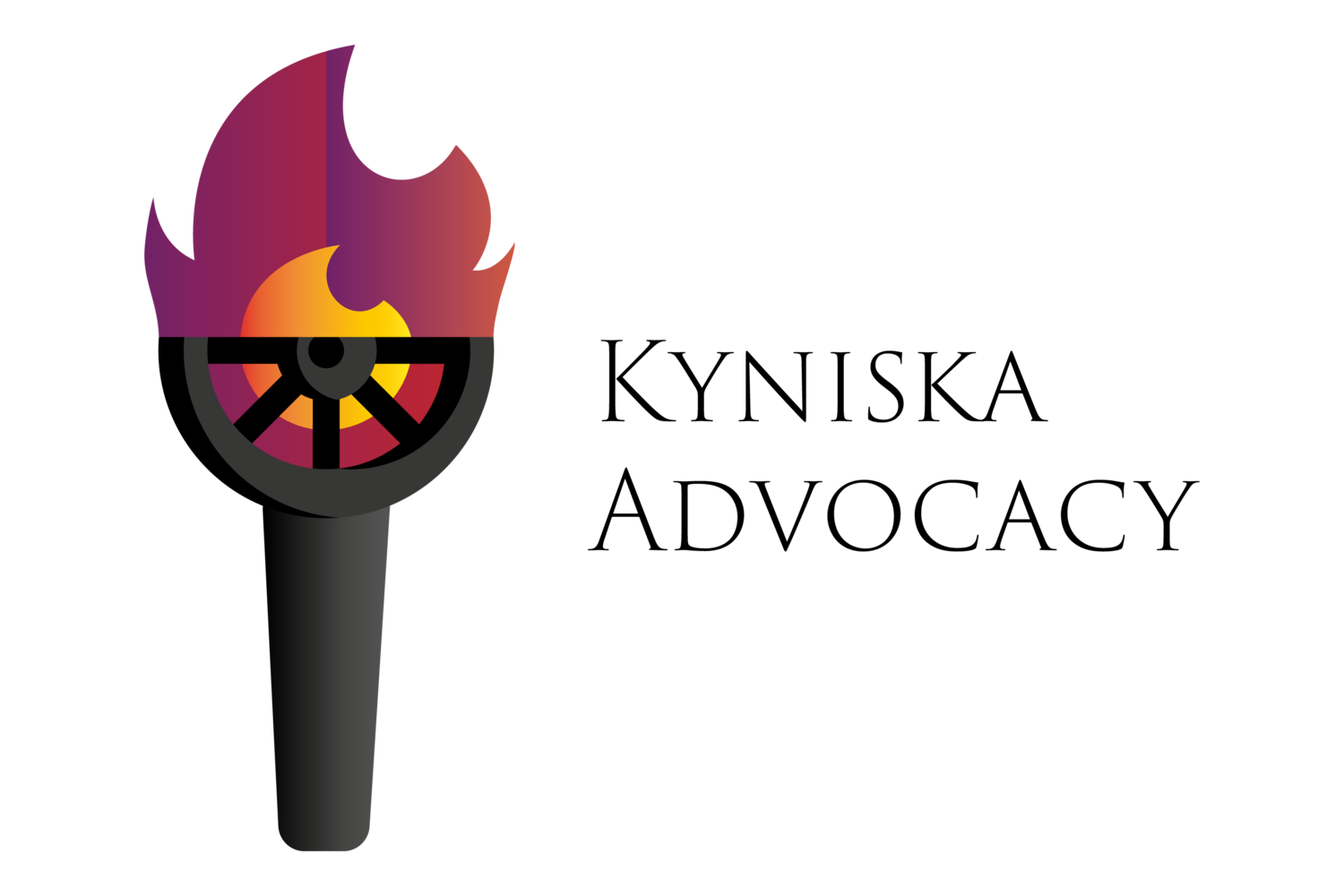Athlete first, mother always. Hand back the narrative to our athlete mothers
Women athletes are standing up and speaking out at this year’s Tokyo Olympics. They are being unashamedly vocal about global issues. They are rewriting the script, not just for women, but for everyone, and are inspiring the world to see sport as a force for good.
That doesn’t come without drama, debate, controversy, and tweets that belong in the 1800’s.
We put some questions to our followers on social media to see what they thought about these issues.
Most questions received unanimous responses. After Germany’s women’s gymnastics team wore full length body suits (as opposed to the usual leotards) and the Norwegian beach handball team received a fine for wearing shorts instead of bikinis, 100% of our polltakers agreed that women athletes should have more choice over their sporting uniform. 93% said political statements do have a place in the Olympics following Luciana Alvarado’s Black Lives Matter tribute in her gymnastics floor routine.
I am fully aware that the followers of a feminist Instagram account are likely to have homogenous, progressive views. One question, however, split our audience.
We asked “Should we emphasise when athletes are also mothers?” to which, 56% said yes and 44% said no. Such a split highlights that the answer might not be as clear-cut from a feminist perspective. .
While I believe it is important to hear the stories of athletes that have returned to the world stage after childbirth, I have to agree with the 44%.
This may seem like a strange opinion for the co-founder of a women’s advocacy organisation to take. Isn’t it important for the world to see the representation of athlete mothers?
Yes, it is.
What I don’t like is that throughout the time I spend watching the Olympics (and trust me, it’s a LOT), all I’ve heard is commentators spotlight athlete mothers without capturing other dimensions of their struggles, careers, and narratives. “Mother of 2 goes in lane 4… X is also a Mother…what a great comeback after childbirth”.
But in a world where mothers often feel that society discards the nuances of a person’s identity after childbirth, I don’t think it is necessary for commentators and the media to constantly emphasise this part of their life.
Full disclaimer - I am not a mother. But when I am, I hope that my identity isn’t confined to motherhood. I hope to continue to be an athlete, a feminist, a political loud-mouth, a crier, a prolific gift-giver, a lover, a chocolate fiend, and serial food spiller; and yes, a mother too. Most importantly, I want to craft my identity on my own terms.
This is the crux of the issue. Who is setting the narrative? Who is crafting the identity of athlete mothers? There should only be one right answer here, and that is the athlete themselves.
At the moment, this isn’t the case.
Tell me that Allyson Felix is the most decorated USA athlete of all time.
Tell me how Helen Glover has dominated the sport of rowing, held a 50+ win streak and brought a host of global medals home for Britain.
These are the stats and figures that audiences should hear before an athlete performs at the highest level. Personally, I don’t think an athlete’s ability to breast pump is entirely relevant to the sporting feat they are about to undertake.
For athletes, this is their place of work. The world may see it as entertainment, see athlete’s bodies as objectifiable and in the public sphere, but this is a professional workplace. Let’s talk about athletic prowess first, prioritising performance and accolades just as we would in any other career. Just like we would for men in the same position.
If an athlete wants to shout about their motherhood, shout about the incredible comeback to sport after the beauty of childbirth, then I am all ears. Role models showing that motherhood doesn’t mean the end of sporting careers and Olympic dreams is the inspiration we need, and this goes further than sport, these women are showing people around the globe that they do not have to hold back after children, whatever their career path, despite what society may tell us. Having children doesn’t have to mean the end of lofty ambitions, and we are here for that.
But this must be on their terms; an athlete-crafted narrative that the media is allowed to elevate post hoc.
At the US Olympic Track and Field Trials, when Allyson Felix’s child joined her on the track, the media finally found a right time and place to explain her story and celebrate her motherhood. Maybe clarifying that it was indeed her child also put viewers at ease to know that stray babies weren’t being let loose with flying javelins about the place... But anyway, if an athlete brings up their children in an interview, great, ask them about it, expand on the issue they’re using their platform to highlight. They have introduced that part of their identity into the arena.
“Who is setting the narrative? Who is crafting the identity of athlete mothers? There should only be one right answer here, and that is the athlete themselves.”
I don’t want to ban the term ‘mother’ in sport, I just want the mothers to be in control of it.
What I’m trying to say is, we need dimensionality to our narratives. We need athlete stories, we need underdogs and comebacks, and inspiration to take back into everyday life, and sure, we do need athlete mothers.
But for goodness sake, just let the athletes write it.


